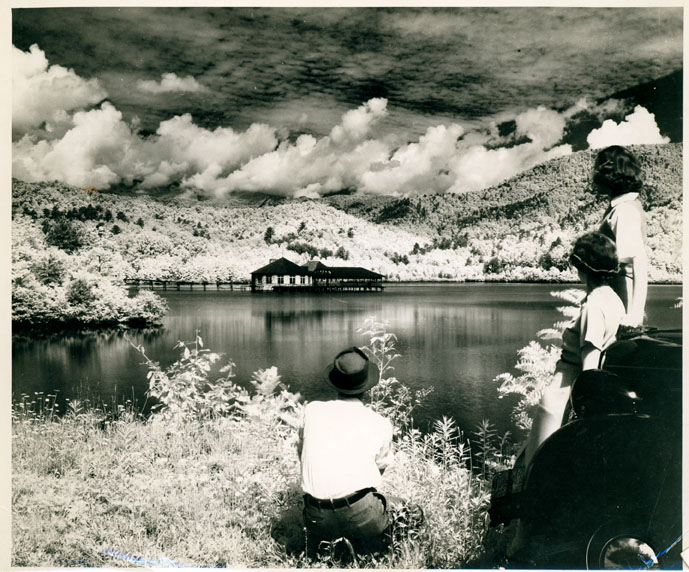On April 6, 1917, the United States declared war against Germany. In late June, the country’s first infantry landed in France. By the holiday season, shortages of food and coal were in full swing. (See “Thanksgiving and the Great War, 1917,” Nov. 23, Xpress)
On account of the Great War, New Year’s revelry going into 1918 was minimal. In the Dec. 31, 1917, edition of The Asheville Times, the only direct mention of the holiday came courtesy of a New York byline. Its headline read: “Celebration Will Not Be As Lively As Usual.”
As with national and world news, much of the local focus centered on wartime efforts. The New Year’s Eve edition of The Asheville Citizen reported on a Dec. 30 speech delivered by J.C. Pritchard. (See “Pritchard Park replaces the old post office,” Nov. 14, Xpress) The paper described Pritchard’s oration as “one of the strongest patriotic addresses in Asheville since the beginning of the war.”
During his talk, the judge and former senator listed the atrocities carried out by the German government. This included the German U-boat’s sinking of the Lusitania, a British ocean liner, which resulted in the death of more than 1,100 passengers.
Pritchard also raised the concept of loyalty, noting America’s debt to Marquis de Lafayette, the French military officer who fought in the American Revolutionary War. Pritchard was quoted as saying: “So long as there is a Boche [German soldier] on French soil, America’s debt to Lafayette is not entirely paid.”
The article concluded with Pritchard declaring:
“The war is our problem. It must be won by American soldiers. Our men are there now and are going over there in great ship-loads. They may stay for years, but before they come home, the war will be won and the cause of humanity will be safe!”
The uncertainty of the war’s duration and the hope for victory preoccupied many Ashevilleans, manifesting in unusual ways. A separate article in that same day’s paper reported on a “gigantic cloud figure [that] dominated the western sky[.]”
In the piece, residents speculated over the apparition’s meaning. This included an unnamed man who described the cloud as “a great arrow pointing to the earth, which … touched on the height across the French Broad river.” The man went on to call it a “portent … set in the heavens for those who could to interpret. It was a black arrow and everyone may read its meaning as he chooses.”
Within the same article, an unnamed woman’s account was also reported. The paper wrote:
“According to a woman who saw it, the figure was that of an enormous V, whose point touched the earth, with a perpendicular column rising to the sky, which would fit the conception of the arrow. But the impression made on this lady was that of a long and narrow human head between upraised arms.
“‘I think it was a sign set in the sky,’ said this lady, ‘but whether by the powers above or below I do not know. But somehow when I saw it I instantly thought of the German kaiser. Were the arms uplifted in a threat or was the cloud shape a token our chief enemy raises his hands in token of surrender?’
“To appreciate the viewpoint of these observers it must be remembered that no other cloud was in sight; the planet Venus was blazing in unusual splendor because the sky was particularly clear. And the figure was sharply outlined, not a vague form pictured by any out of a mass of clouds. Both observers recognized the arrow shape. Prosaic people will deride any supernatural suggestion in the figure and decry the idea that it was set as a sign in the heavens. They will say that as it showed just beyond the railroad tracks in the river valley that it was formed by the smoke from locomotives which rose in spirals because of unusual atmospheric conditions. However this may be, it is evident that a remarkable cloud figure was visible Saturday evening.”



Before you comment
The comments section is here to provide a platform for civil dialogue on the issues we face together as a local community. Xpress is committed to offering this platform for all voices, but when the tone of the discussion gets nasty or strays off topic, we believe many people choose not to participate. Xpress editors are determined to moderate comments to ensure a constructive interchange is maintained. All comments judged not to be in keeping with the spirit of civil discourse will be removed and repeat violators will be banned. See here for our terms of service. Thank you for being part of this effort to promote respectful discussion.